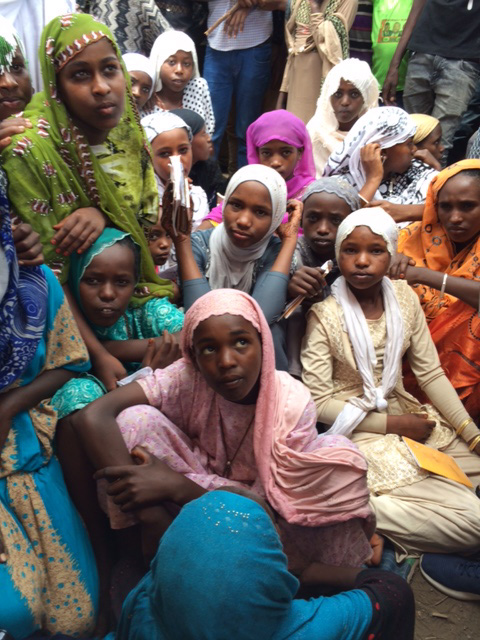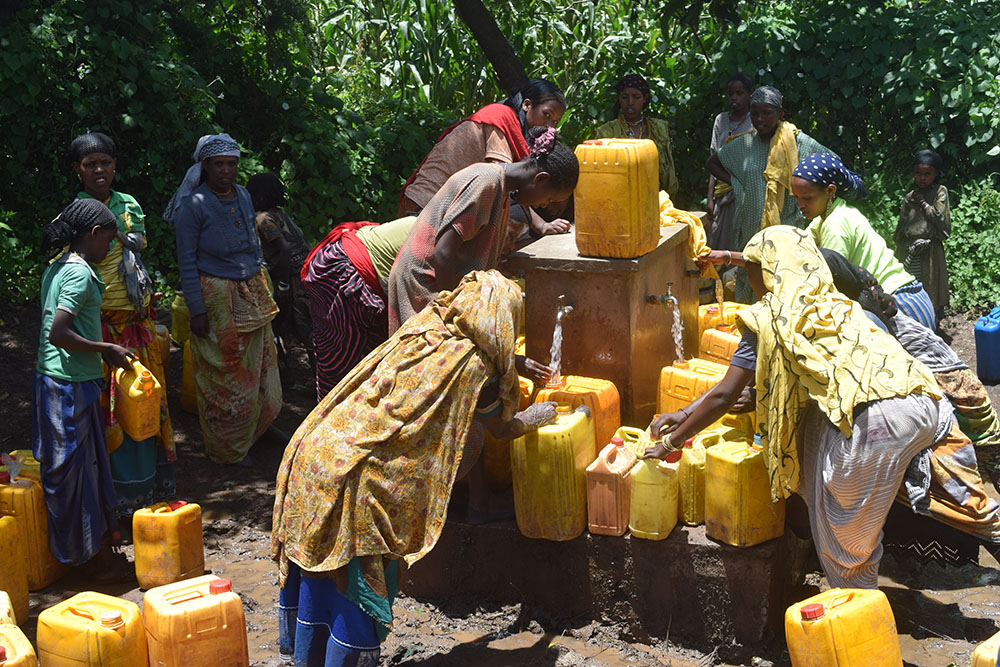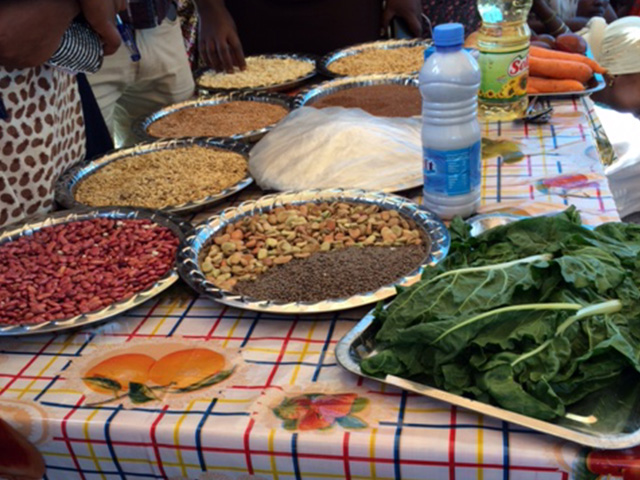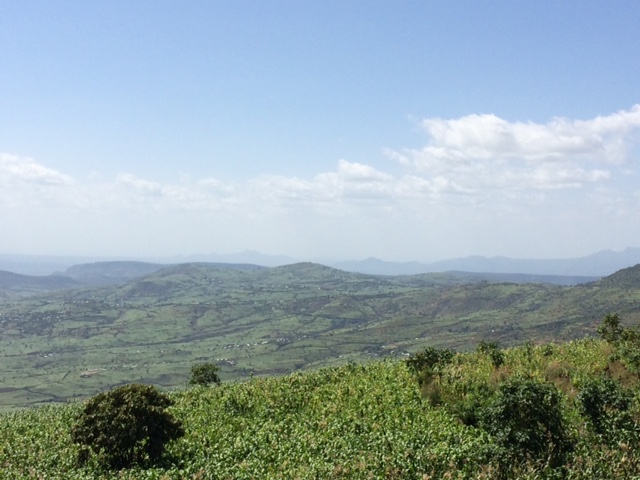Ethiopia: Project Visits
CARE Ethiopia has been responding to humanitarian crises since 1984, and is respected as one of the leading humanitarian actors in Ethiopia reaching millions of people through life-saving programs. In 2017, CARE Ethiopia reached nearly 1.5 million people throughout the country. CARE Ethiopia’s response focuses on food security, nutrition, water and sanitation, livelihoods and emergency assistance emphasizing support for women and girls.
Ethiopia is one of the fastest growing economies in sub-Saharan Africa, yet its population continues to face high levels of food insecurity and malnutrition. Rural households are affected by a variety of man-made and natural disasters such as land degradation, recurrent droughts, unreliable rain patterns, floods, and other extreme weather events, all of which are exacerbated by climate change. Population growth has led to increased fragmentation of landholdings and farming of increasingly marginal land, making it difficult for rural households to feed their families year-round from their small plots.
A widespread drought is severely impacting Ethiopia, leaving millions of people without enough to eat. The country’s worst drought in decades is fueled by the El Nino weather pattern – dangerous for a country where more than 80 percent of its population are farmers. Additionally, regional instability among ethnic groups has led to more than 1 million internally displaced Ethiopians.




Women for Women
Through the creation of Village Savings & Loan Associations (VSLAs), a signature program implemented by CARE more than 25 years ago, thousands of women in Addis Ababa’s poorest and most marginalized communities have become members of a VSLA, greatly improving their incomes and financial security. Members of the VSLAs are trained and given support to develop social enterprises, many of which have strengthened community support systems and created jobs for hundreds of unemployed women who lack the skills necessary to find employment in the formal business sector. The business trainings provide support with accessing capital, navigating market linkages and growing and expanding small businesses. Recognizing that men and boys play an integral role in the support system of a female entrepreneur, CARE also includes men in trainings that target changing social norms in a culture where female entrepreneurs are not easily accepted.
TESFA: Towards Improved Economic and Sexual/ Reproductive Health Outcomes for Adolescent Girls
The Amhara region of Ethiopia has one of the highest rates of early and forced marriages in the country. As many as 48% of the girls living in the region are married by the age of 15. This has serious consequences for the lives of these adolescent girls with respect to sexual and reproductive health, education and economic stability. The TESFA project focuses on addressing the economic, sexual, and reproductive health problems of married girls.
The goal of TESFA is to facilitate positive change in adolescent girls’ sexual and reproductive health and economic status. Objectives include:
- Improve adolescent girls’ attitudes about family planning and other reproductive health services in addition to increasing their knowledge and use of such services;
- Grow adolescent girls’ income and improve their access to assets through savings and loan groups;
- Enhance community support for adolescent girls so they can participate more fully within their households and community.
FSF: Food Sufficiency for Farmers Initiative
The overall objective of the Food Sufficiency for Farmers Initiative (FSF) is to create a more conducive environment for achieving sustained food security of chronically food insecure (CFI) households through interlinked components of improving and diversifying economic activities for families. The initiative also seeks to demonstrate how gender equality can build household resilience in response to climate risk and other environmental challenges. VSLAs are an additional component of this initiative, helping build financial security among families. More than 34,000 households have been reached in three regions of Ethiopia, including South Gondar.